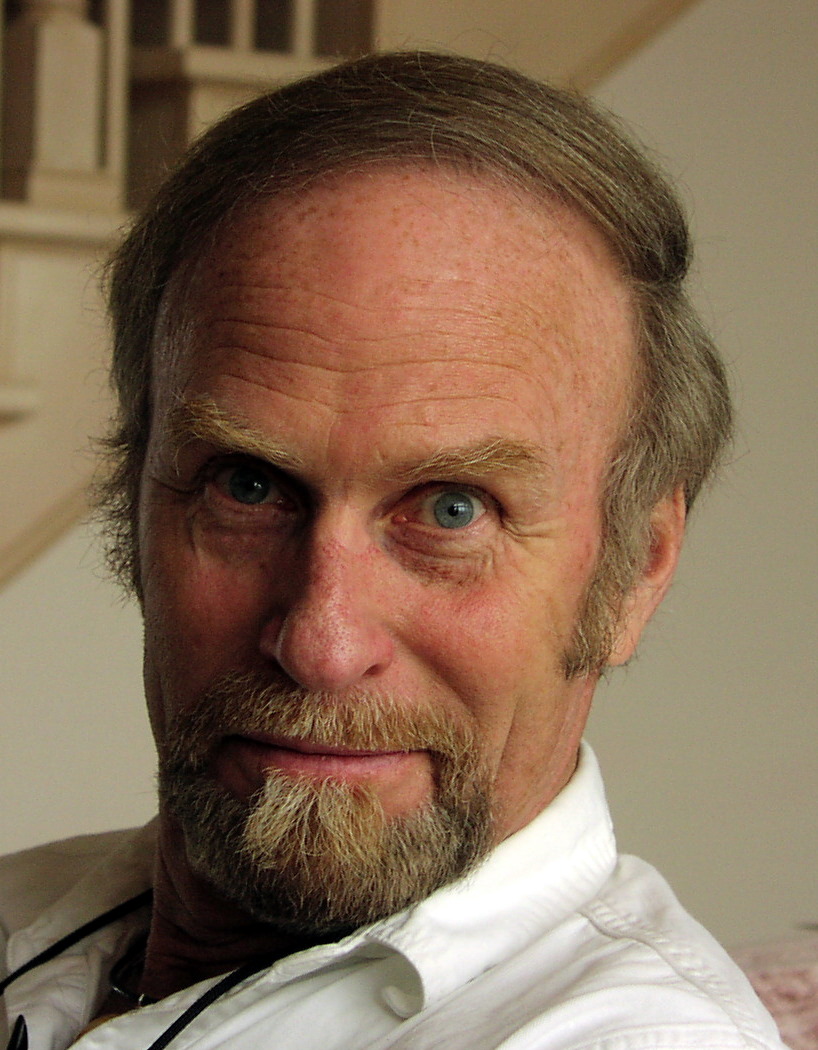Present U.S. population: 312 million. Projected in 38 years by 2050: 438 million. Environmental, social, quality of life and
standard of living expected in 2050: degraded, dismal, and unfortunate for
countless millions of Americans.
A reader responded to one of my environmental-population
pieces by saying that if we conserved more water and energy, and utilized our land more
equitably, population wouldn't be a problem.
In other words, he advocates for more and more people living on less and
less. But never mind the species extinction rates, water shortages, air pollution, energy
depletion, carbon footprint and ecological footprint facing our growing
numbers. It's amazing how people overlook the details.
Another vacant intellectual is Steven Mosher of www.populationresearchinstitute.org
who advocates for unlimited population growth.
Somehow, he gains interviews on major television shows as an expert. He rails
against China's one child per family policy as if they could afford another
billion people on top of their already 1.3 billion human overload. His mission statement is: "The Population Research Institute is a non-profit research group whose
goals are to expose the myth of overpopulation, to expose human rights abuses
committed in population control programs, and to make the case that people are
the world's greatest resource."
The man lacks the ability to think rationally in an
already environmentally devastated, energy deficient, scarce water and
overloaded world of the human species. Every single environmental, resource, water and energy crisis facing
humanity in the 21st century stems from human overpopulation. Mosher is the kind of man that jumps into the
ring with 100 raging, angry and hungry tigers, and thinks he can survive. Darwin described humans like Mosher as the
survival of the toughest: in this case, the tigers eat him and his stupidities. In the case of the human species on this overpopulated
planet: Mother Nature kills without conscience and she always bats last.
At this point in 2012, America houses 315 million
people on its way to adding another 85 million by 2035 and 138 million to reach
438 million by 2050. (Sources: US
Population Projections by Fogel/Martin, PEW Hispanic Center, US Census Bureau)
Here's why we won't make it with any kind of human
dignity, quality of life and reasonable standard of living:
Check out www.populationpress.org
spring 2012 issue by president Marilyn Hempel.
She brings the finest minds into the discussion.
Author Juliet Eilperin said, "In Peru, fishing vessels
haul 7.5 million tons of small fish out of the water every year. The Peruvian
seabird population that used to number in the tens of millions has dropped to
two million."
Robert Engelman of www.worldwatchinstitute.org
noted, "When you have China out roaming the seas looking for anything they can
get for their population of 1.3 billion (and growing by 8 million annually, net
gain on their way to 1.5 billion in 38 years), that's increasingly affecting
any local resources anywhere in the world."
"If you look around the world, water quality is
deteriorating, and water quantity is declining," said Ned Breslin of Water for
People.
To support his claims, China and India's waterways run
in sewage as thousands of cities pour raw sewage into the Ganges and Yangtze rivers. Over 1,000 Indian children die of
dysentery and diarrhea every day of the year. Those rivers create 10,000 to
20,000 square mile dead zones as they empty into the sea. (Source: www.populationmedia.org )
What I find fascinating stems from the fact that reporters
like NBC's Ann Thompson will report on March 2012 being overwhelmed with the hottest days on record,
but she never made one mention of human overpopulation causing climate destabilization
and warming. Diane Sawyer smiled when
humans hit 7 billion last October. Brian
Williams yawned as he announced we reached the 7 billion mark. I screamed at my TV set in rage and despair.
Babatunde Osotimehin, director of the U.N. Population
Fund, said, "People can't talk about the environment without talking about
population."
How about global climate destabilization? Let's talk about humans burning of 84 million
barrels of oil daily. Let's talk about
the US burning 2.2 billion tons of coal annually. You don't think that's going to make an
impact on our biosphere? Think again.
"Even without incorporating such climate feedback,
models show that continued reliance on fossil fuels could raise the global
temperature by up to 7 degrees Celsius by the end of this century," said Janet
Larsen, environmental reporter.
Richard Heinberg wrote Peak Everything: Facing a Century
of Declines. He said, "We have reached peak everything as to resources
and because economic growth depends on natural resources and the Earth's
ability to process our wastes, this growth simply cannot continue."
(Note: You can view every article as one long page if you sign up as an Advocate Member, or higher).





